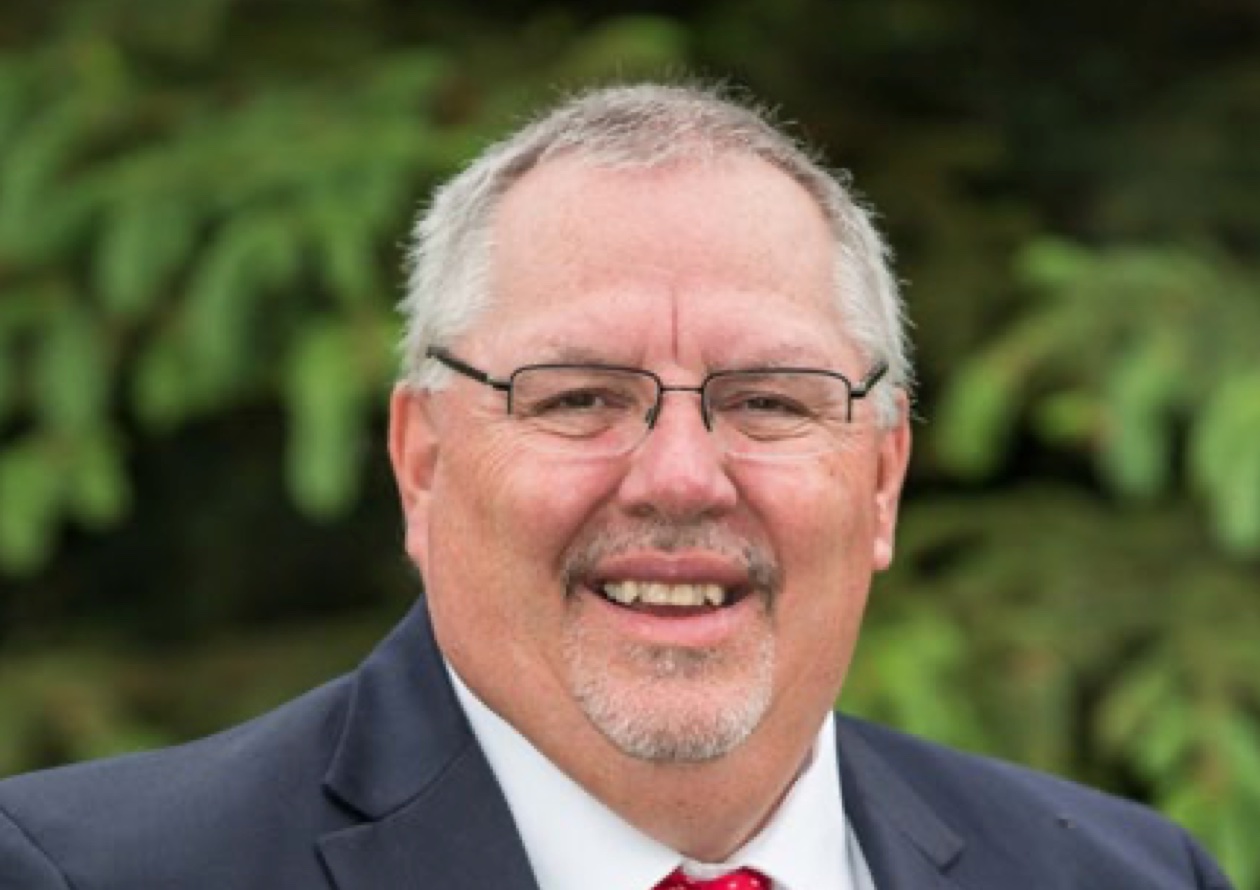The Alaska House Majority passed House Bill 143, legislation aimed at the need for dealing with plastic waste across Alaska.
Roughly 90% of plastics currently recycled or sorted at landfills are not suitable for mechanical recycling. That leaves 10% of plastics that are actually recycled.
Advanced recycling, with chemical processes like pyrolysis and gasification, transforms plastics that cannot be recycled through traditional means into new, high-value plastics, chemicals, and other products, revolutionizing our approach to plastic waste management. That is not available in Alaska — yet. But HB 143 anticipates that eventuality and starts the regulatory framework that would allow it, relaxing some environmental rules pertaining to air quality.
“This is a strategic framework not only for our environment but also for the economic prosperity of our state, as an advanced recycling facility would create jobs, generate revenue, and stimulate economic activity. HB 143 strikes a balance, offering innovative solutions that work without heavy government subsidies,” said bill sponsor Rep. Tom McKay. It’s a way to keep plastics out of landfills that are filling up in communities, he said.
With the designation of the Department of Environmental Conservation to develop manufacturing regulations related to advanced recycling, the hope is that the private sector will look for opportunities in Alaska.
The American Chemistry Council supports the bill. “Changing the way plastics are made and remade is a top priority for America’s plastic makers. We’ve set an ambitious goal for all US plastic packaging to be reused, recycled, recovered by 2040, and we are working towards this goal by supporting systems and technologies that remake new plastics from used plastics.”
The vote to pass the bill was 23-13, and it will now be considered by the Alaska Senate.


